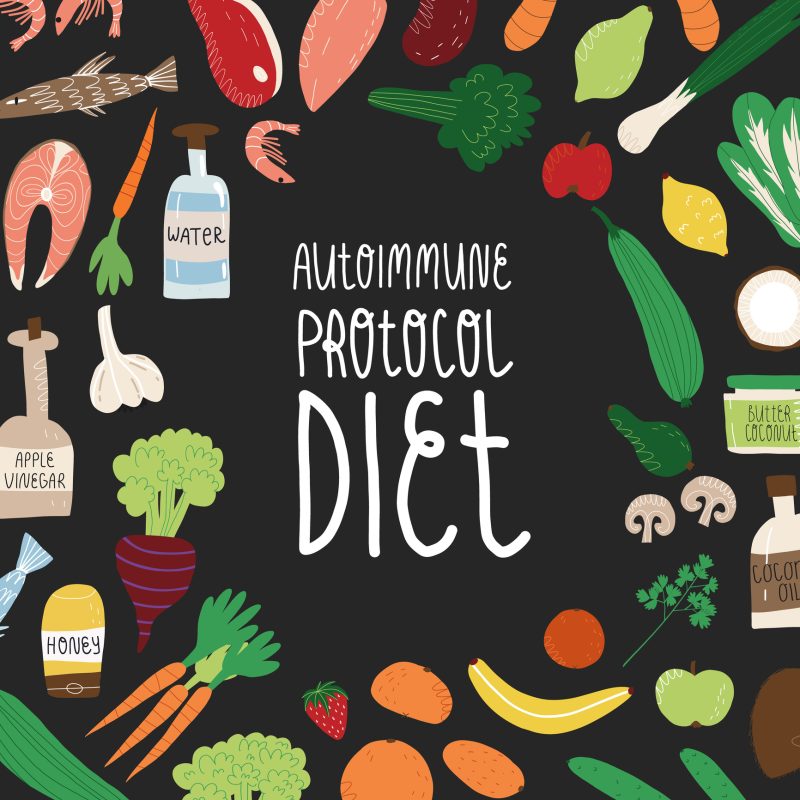Fitness-related applications for pharmaceutical-grade products seem to pop up with increasing frequency. Methylene Blue has caused quite a stir, touted as the “next best thing”…
READ MORE

Fitness-related applications for pharmaceutical-grade products seem to pop up with increasing frequency. Methylene Blue has caused quite a stir, touted as the “next best thing”…
READ MORE
In recent years, nitrates have enjoyed a meteoric rise in popularity, promising game-changing performance enhancement for athletes and fitness enthusiasts looking to gain a competitive…
READ MORE
Trending diets for weight loss will always be around, but take shape in different calorie-restriction forms. It makes sense, a popular diet wouldn’t get noticed…
READ MORE
Autoimmune diseases, collectively including type 1 diabetes, rheumatoid arthritis, lupus, and irritable bowel disorder (IBD), can wreak havoc on a body’s digestive system. This can…
READ MORE
Magnesium, considered a trace mineral in relation to one’s daily diet, fosters a multitude of important functions within the body. It supports the cardiovascular system,…
READ MORE
While diverse and often multifaceted, the field of personal training focuses primarily on helping individuals achieve their fitness goals. As such, exercise lies at the…
READ MORE
Hydrogen, the smallest yet most potent molecule in the biochemical world, now seems to hold the promise of revolutionizing both health and fitness arenas. In…
READ MORE
People are paying closer and closer attention to the labels of items they’re putting in and on their bodies now more than ever. How can…
READ MORE
The term “electrolytes” gets thrown around a lot with not much more understanding beyond “you need them in your water to properly replenish the body…
READ MORE
Proteins are indeed the building blocks of the body. They also play a vital role in resistance and aerobic training.
READ MORE
Egg Whites International are 100% Pure Liquid Egg Whites and the most versatile form of protein IN THE ENTIRE WORLD! Dieters, Bodybuilders, Vegetarians, Gastric…
READ MOREWhether it comes in the form of a nonfat latte or a Mountain Dew, caffeine is the favored drug of millions. While it heightens alertness…
READ MORE